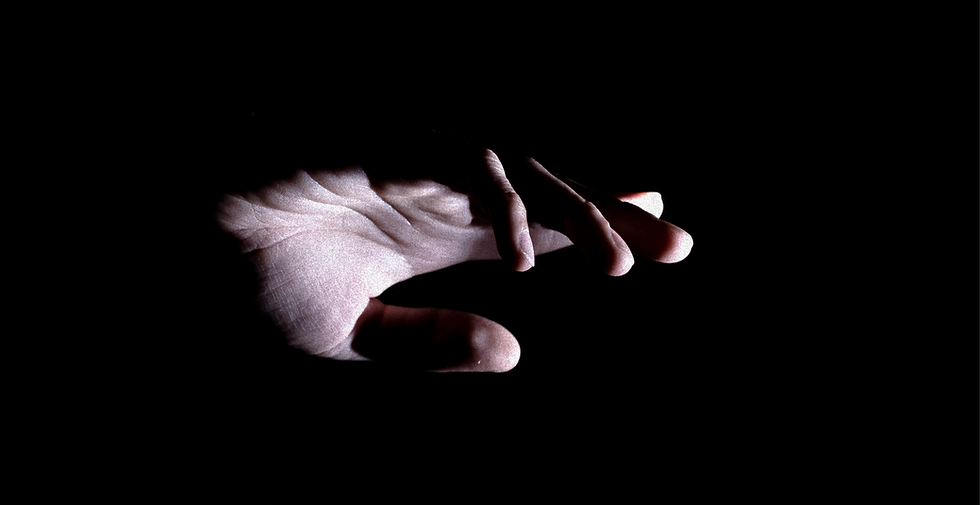On Compassion for Self and Fear of Feeling
- Ingrid Oliphant
- Mar 17, 2014
- 3 min read
This post is inspired by interwebz discussion last Monday following Twelve Years A Slave winning the Academy Award for Best Picture. I paid attention to two primary themes: my generation’s response to slavery & racism and the discussion by people who feel too emotionally sensitive to engage with the movie (or, more generally, any media that might make them feel bad, feel emotional, or retraumatized). I’ll save the former for later and address the latter here.
Let me first say this: I get it. At multiple levels. But I think it behooves us to really examine ourselves, how we define our ‘woundedness’, and how we choose to hide behind it or shed it.
There is a common thread that I see running through what I loosely call the empath-healer circuit. It runs along the spectrum from “I just feel things too much” to the near script-like and super-glued identification with Chiron, the wounded healer–as if they, too, have chosen to be the guardian of their own personal hell or remain perpetually wounded by Hydra’s venom (emobodied by the all too human abuse of another).
There is a fine line between having compassion for oneself and standing in the fear of feeling anything ‘bad’. One keeps us from engaging with the world entirely and the other let’s you experience it wholly–in its ingloriuos holiness.
One of our not-so-brilliant human tricks to is remain grounded in how we have long-imagined we might respond to external events or stimuli. Those of us who have experienced abuse at the hands of others have the tendency to assume that anything that makes us feel deeply is tantamount is being reflayed, reraped, or otherwise immersed in a not-so-distant reliving of past traumas.
The resistance to *any* feeling is grounded in fear. That fear is fed by us being focused on how we felt when we were traumatized, not how we have grown as we moved farther from the trauma. We assume that our responses will be the same when, in fact, they will be vastly different. There is a quote from John 4:18 that is similar in most bible versions. Generally, it goes a little something like this: There is no fear in love. Perfect love casts out all fear because fear has to do with punishment.
Fear has a singular purpose: to keep us alive. That’s it. It’s a full-bodied, psychosomatic (that word doesn’t mean what you probably think it means) response to something that threatens to cause us harm. It is engineered to keep us safe from said threat by freezing so it can’t see us, fleeing so it can’t catch us or fighting it so we kill it first. Anything else we create that fear for is superfluous and wasteful at best, dangerous and harm-creating at worst. The fear of feeling emotions & the judgments that keep us in that state are, indeed, punishment.
It’s my opinion that when we use fear of feeling to avoid the emotional responses orchestrated by cinematic and musical artists in stories such as 12 Years, we will also automatically–consciously or unconsciously–use that fear to address how trauma has effected us. I believe it is imperative, particularly for those of us who work with other trauma survivors, to be able to stand in those feelings we have long feared to a) recognize that the fear is no longer necessary, b) honor our growth from


Comments